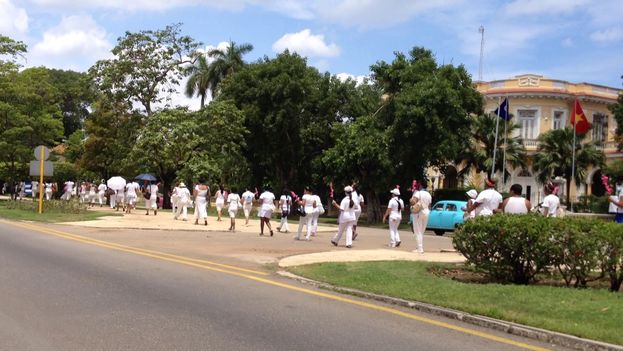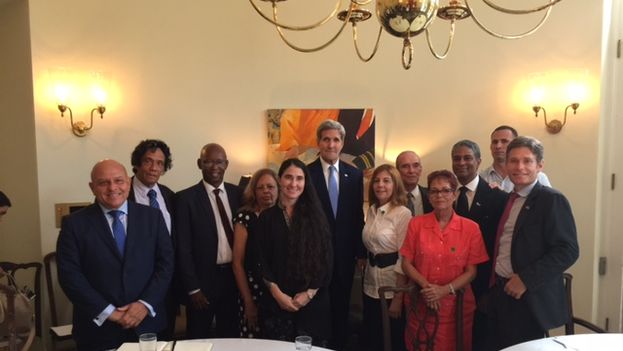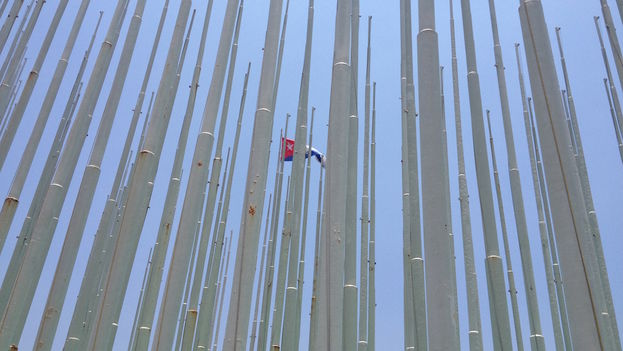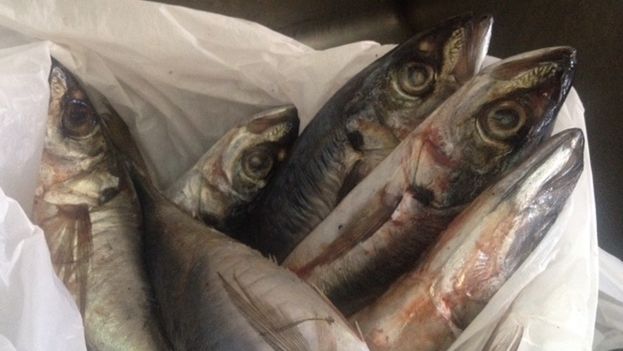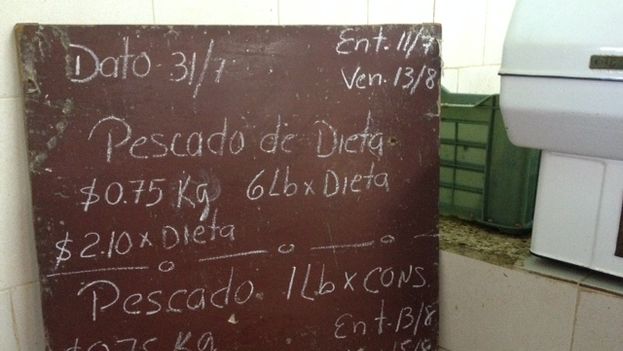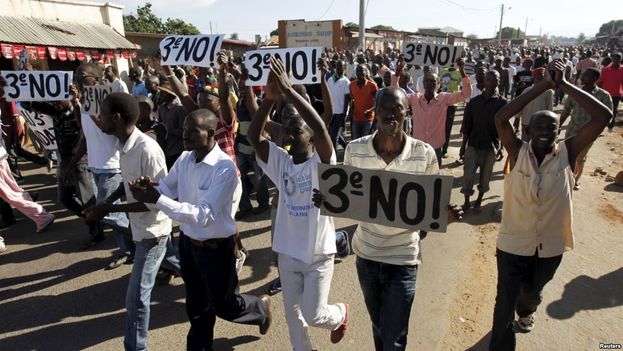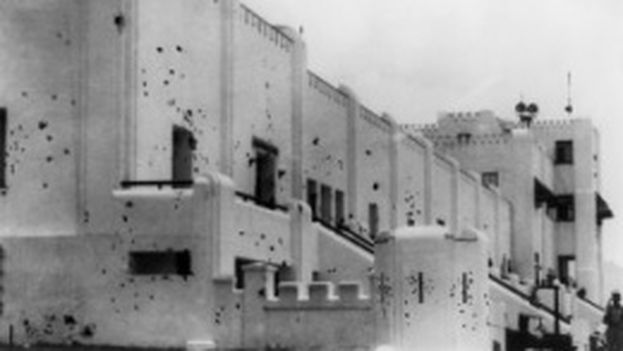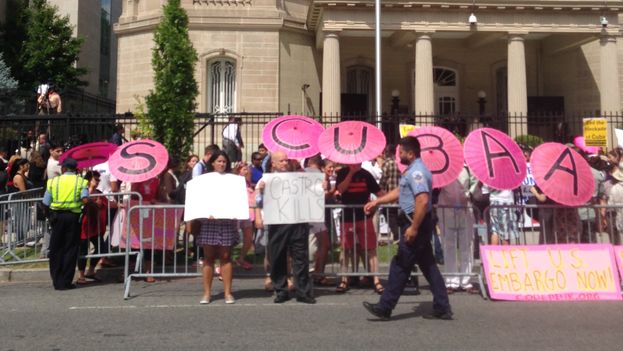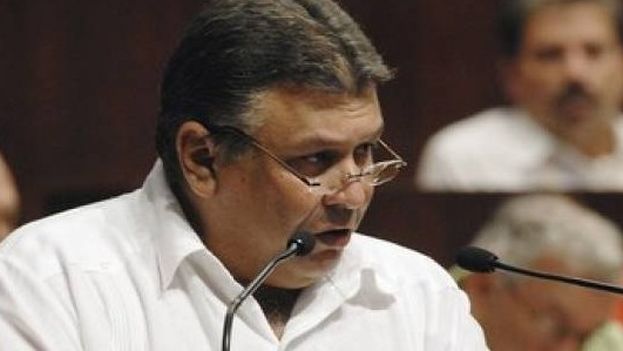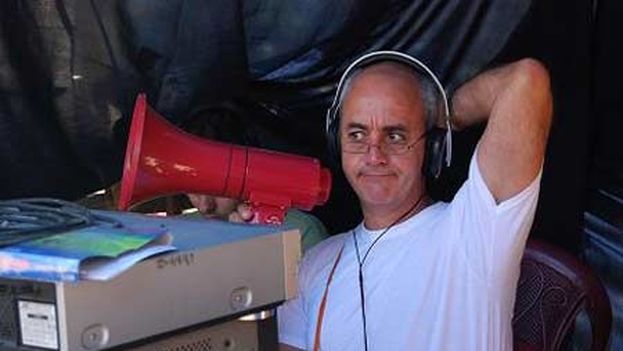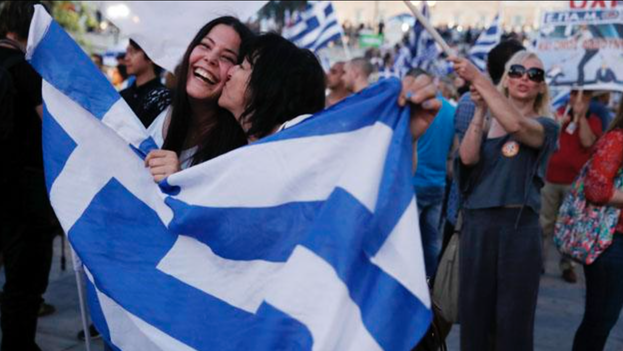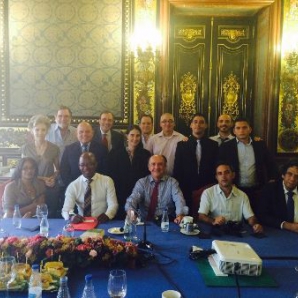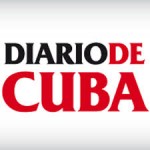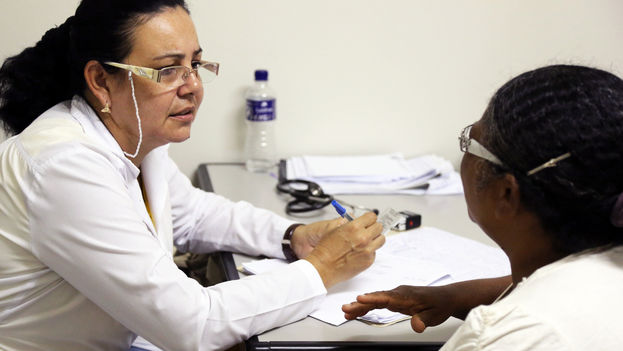
![]() Reinaldo Escobar, Mexico City, 5 September 2015 – A long time ago, I can’t remember where, I read a phrase that said, “When you have to choose between two betrayals you will recognize that you are lost.”
Reinaldo Escobar, Mexico City, 5 September 2015 – A long time ago, I can’t remember where, I read a phrase that said, “When you have to choose between two betrayals you will recognize that you are lost.”
The label of “traitor” has been used indiscriminately in Cuba during the last half century, by the government propaganda machine, to “disqualify” anyone who express their discontent with the policies of the Communist Party, as well as against those officials, artists, athletes and doctors who have made the decision to abandon some “mission” abroad, with the intention to restart their lives outside of Cuba. continue reading
In most cases, these decisions involve family dramas and the relocation of the “deserter,” sometimes temporarily, other times permanently, into a workplace far from their capabilities and personal ambitions. However, the hemorrhaging of talent does not stop and at times increases in a threatening manner.
If Cuba had not lost all the creative potential that has chosen emigration, today we would be one of the countries with the greatest human capital in the world. Because, unfortunately, those who leave are the entrepreneurs, those with the necessary self-esteem to believe, right or wrong, that they can survive and thrive in a competitive environment.
All of them had to choose between two betrayals, one against the system that supposedly formed them and one which they would have made against themselves if they had remained faithful to a project they had stopped believing in.
If Cuba had not lost all the creative potential that has chosen emigration, today we would be one of the countries with the greatest human capital in the world.
After having tried every arbitrary measure possible to prevent doctors from abandoning the country, the Cuban government just announced that “Health professionals (…) have the opportunity, if they wish, to rejoin our National Health System” and in a parallel manner they let be known other immigration modifications to increase the grounds for repatriation of other emigrants who are affected by the restrictions.
Now, in a gesture promoted as an act of generosity on the part of the Revolution, they are trying to replace Cubans who once escaped in search of better destinations, in a situation to reverse what the government classified as treason but which, in the majority of cases, was simply the renouncing of wearing a mask.
The question is, why not just once and for all abolish all the absurd migratory restrictions; why can’t Cubans see in their country a safe and welcoming home to return to and leave whenever they want, and for whatever length of time best suits them.
The Cuban government is the one who is lost, not because it must choose between two betrayals, but because it cannot allow itself the luxury of choosing to respect the most elemental rights. They have no choice but to change everything or to continue to behave as vulgar dictators.

